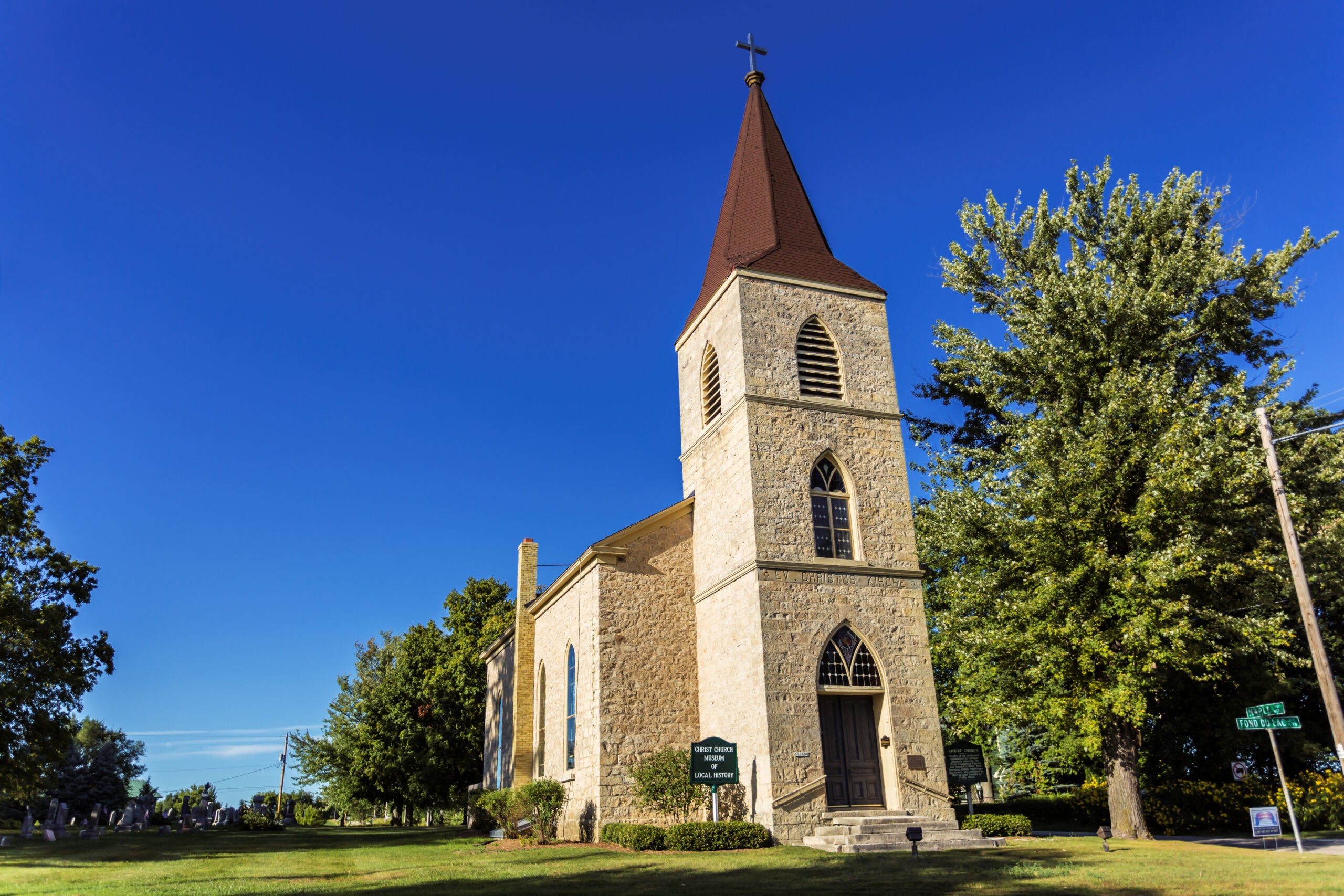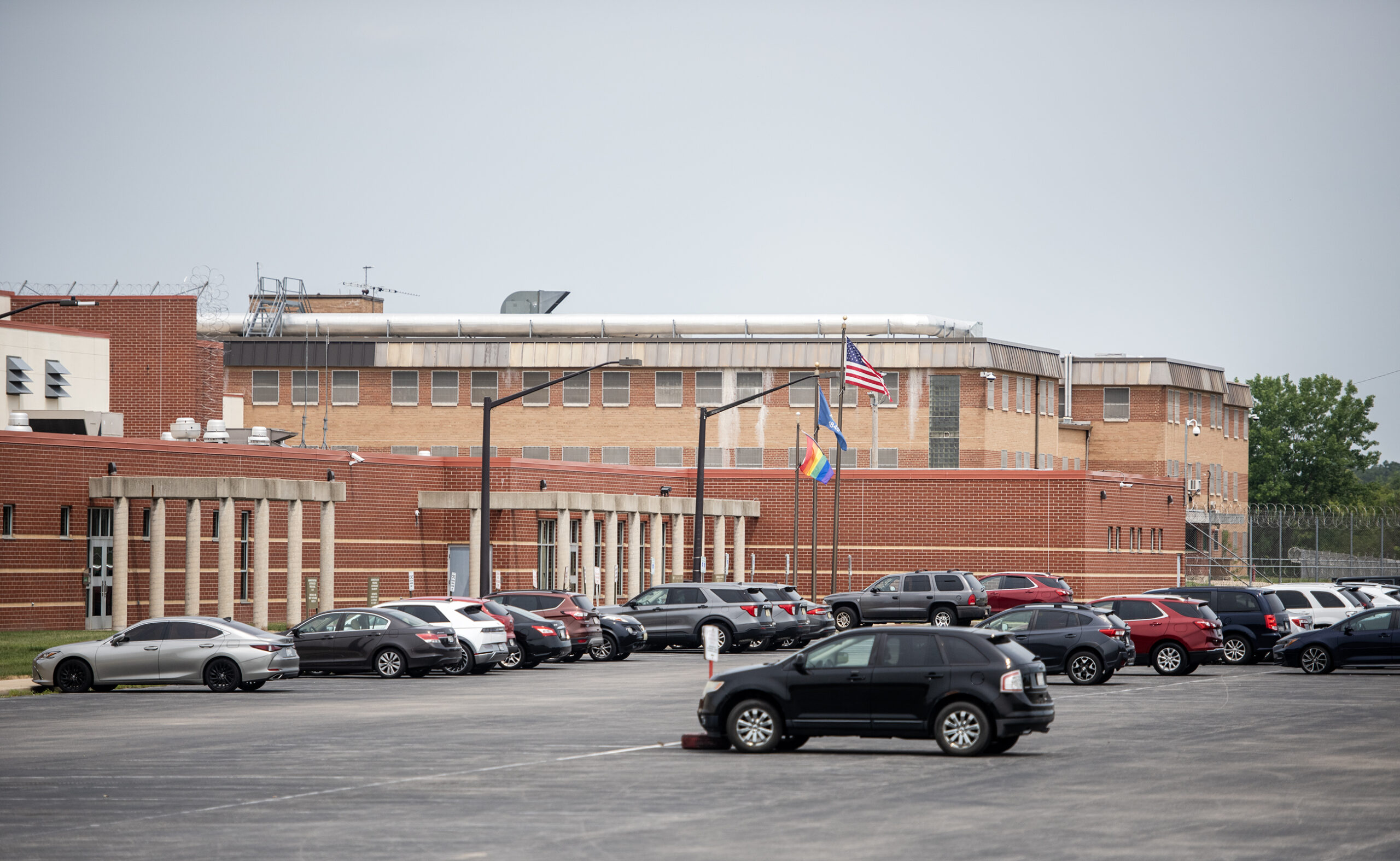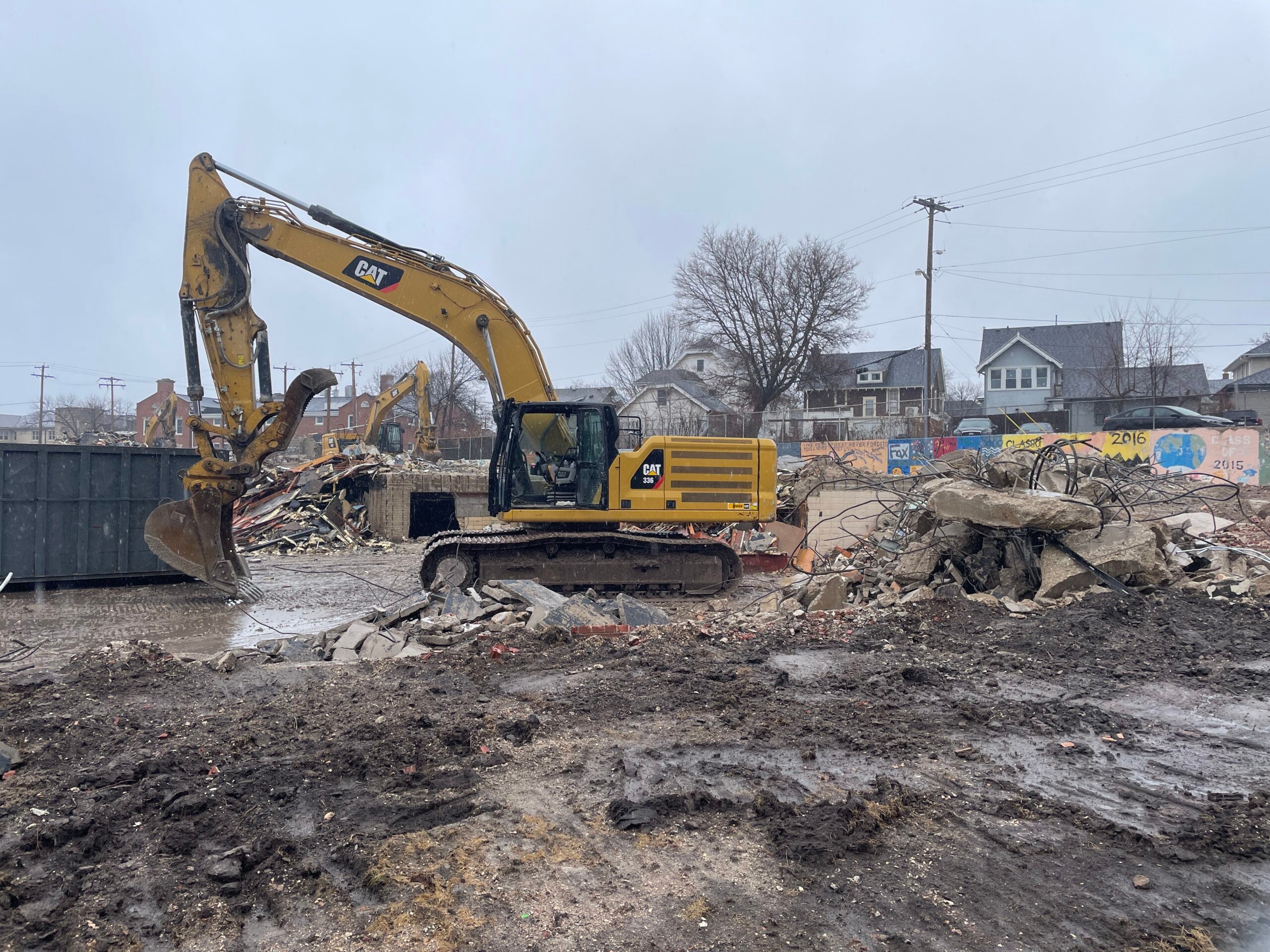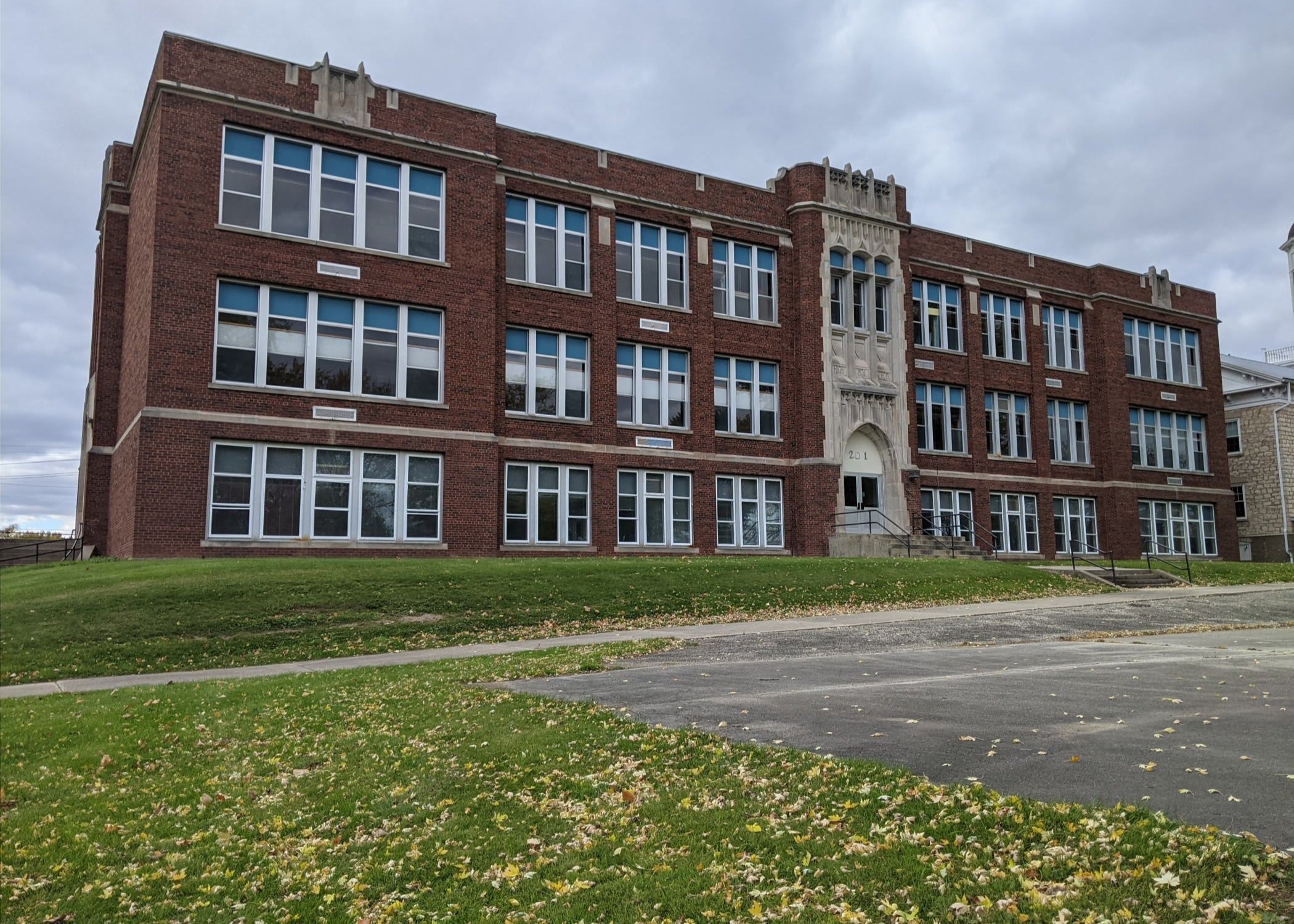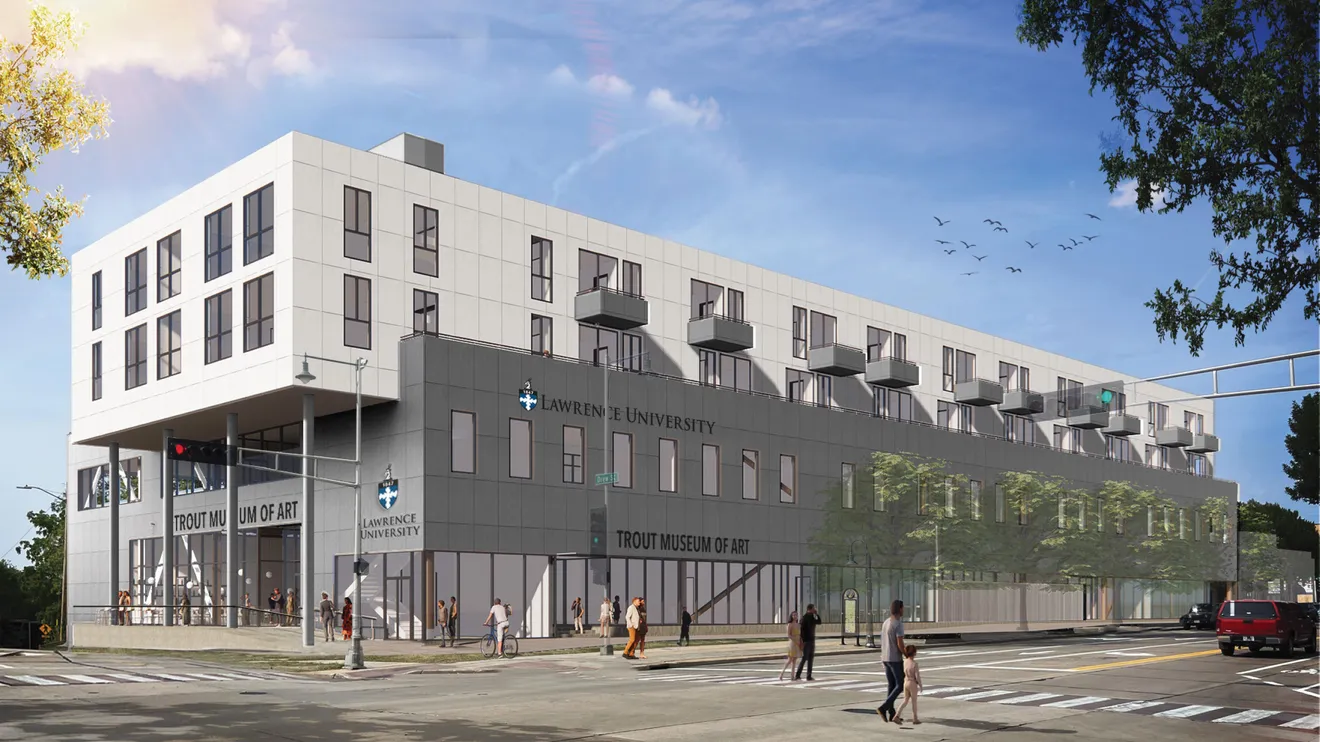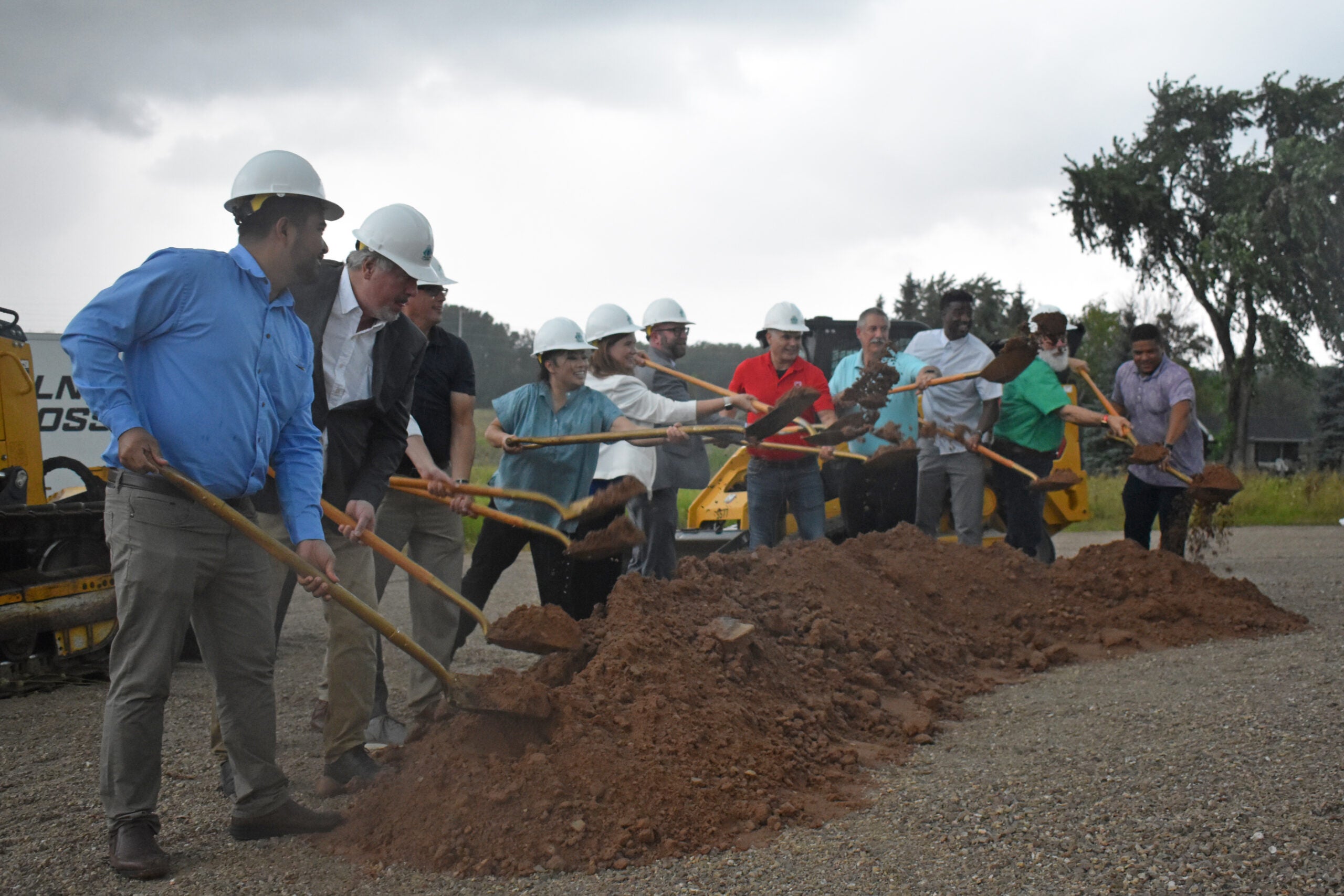The 15-year incumbent leader of Germantown lost his reelection bid last week amid opposition to several new housing developments in the Washington County village.
Village president Dean Wolter netted only 38 percent of the vote.
His opponent, former school board president Bob Soderberg, won 62 percent of the village’s votes.
Stay informed on the latest news
Sign up for WPR’s email newsletter.
The largest planned development in the area is the mixed-use Village Center project, which could bring shops, hundreds of new apartments and a German-themed marketplace to an intersection of two state highways.
Soderberg criticized the village’s process in planning that project.
“There’s a heightened sense of awareness of what’s going on,” Soderberg said of voters’ mood about planned development.
Incumbent Wolter will hand over his post to Soderberg on April 15.
Soderberg and Wolter met for coffee the evening after the election, the former said.
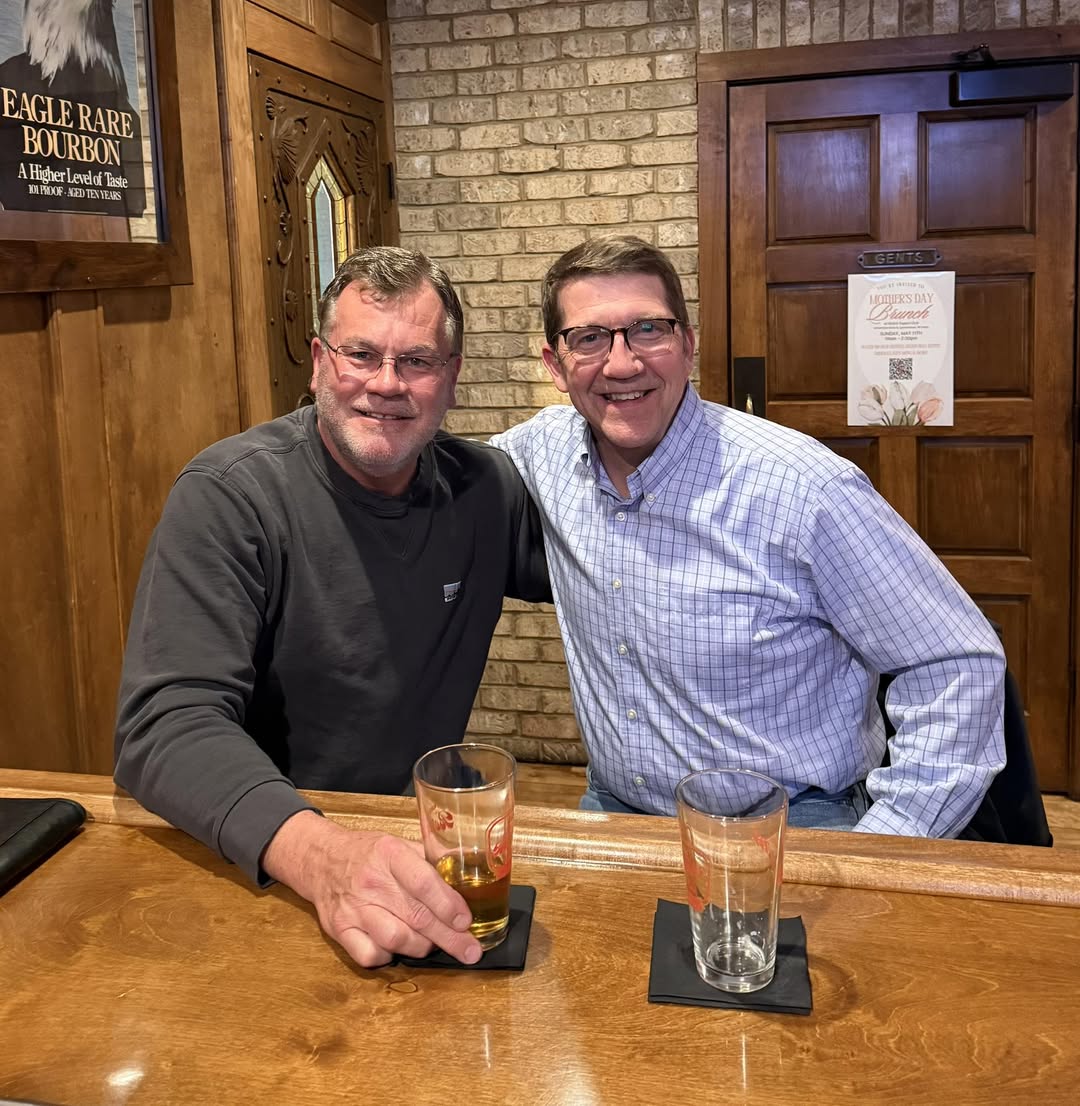
Candidates had conflicting views of new development
To Wolter, Village Center is a chance to give Germantown a mixed-use, high-density downtown.
“We’re losing the 25- to 40-year-olds to other communities that are offering that kind of housing,” he said.
The village’s plan commission is discussing almost $50 million in subsidies for the 438-unit project.
Other local governments in metro Milwaukee, like Wauwatosa’s, have taken a similar approach in high-profile development projects.
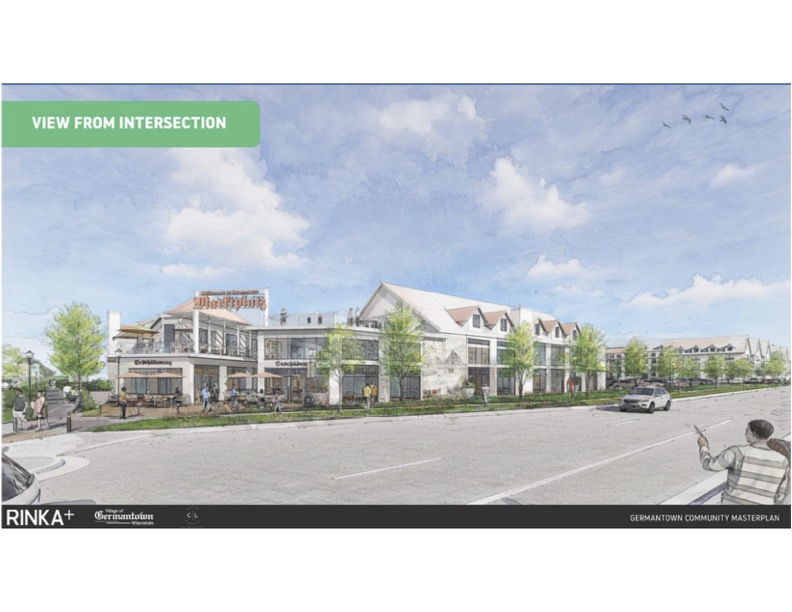
Soderberg calls for a slower approach, including a study comparing Germantown’s current apartment stock to that of nearby municipalities.
“Maybe we are well under the metric and we need more apartments, or maybe we’re above metric and we don’t need apartments,” he said. “I just want to get the emotions out of that by doing a study.”
He also said the village should not be subsidizing residential developments.
New development affects school planning, board president says
Germantown’s village board voted in February to purchase the site’s real estate before pitching it to developers.
But in March, the school board asked the village to “not take any action” advancing the Village Center project until the board completes its enrollment and facility use studies.
“While single-family developments offer stable enrollment, high-density rental projects present challenges with fluctuating enrollment numbers,” School Board President Russell Ewert wrote to WPR.
He said, “If the school district were forced to expand due to enrollment based on new village development, it may cause us to propose a referendum to the community.”
Ewert also said he believes the Village Center development was influential in last week’s election results.
Soderberg said the board’s studies should come out in late April.
“If that’s going to trigger a referendum, the community needs to know that,” he said.
One way to alleviate concerns, he said, would be to build the development’s retail phase before its population-boosting apartments.
Decisions on purchasing property and approving subsidies ultimately rest with the entirety of nine-person village board, of which the part-time president is a member.
Wolter said he’s looking forward to getting some free time back after 15 years in the post.
“It was a blessing and an honor,” Wolter said. “No hard feelings overall.”
According to a post by Soderberg’s campaign, the two opponents met again for drinks on Thursday.
Wisconsin Public Radio, © Copyright 2025, Board of Regents of the University of Wisconsin System and Wisconsin Educational Communications Board.
